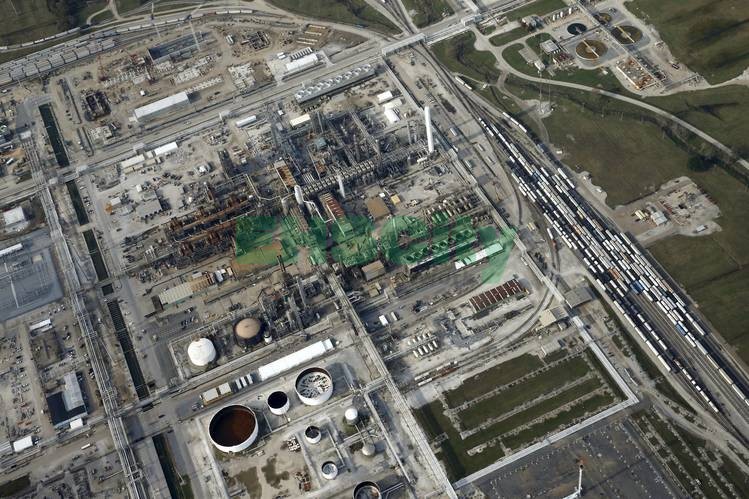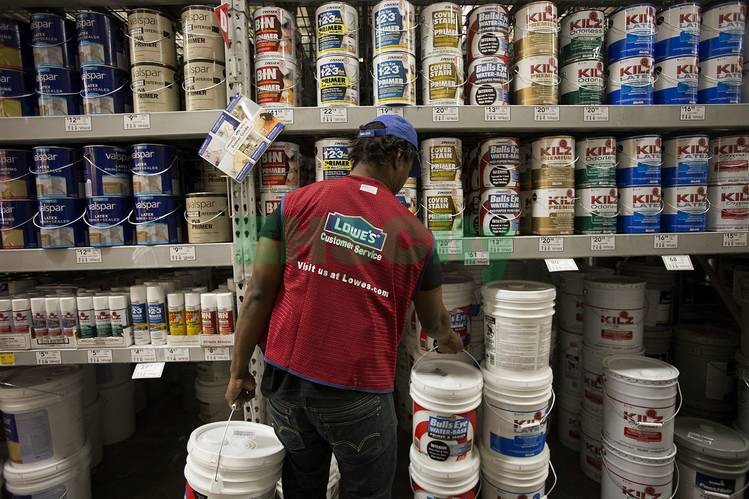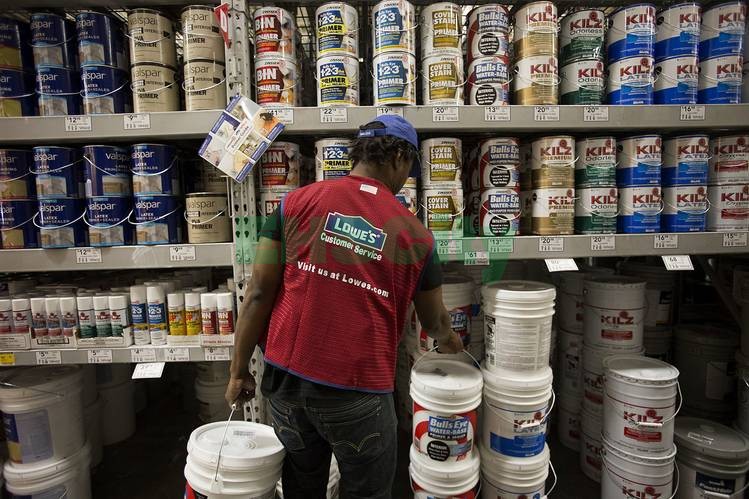 se
seDow Chemical and other industrial giants welcomed federal legislation as providing a consistent framework to regulate chemical safety. Above, a Dow chemical plant in Plaquemine, La. Photo: Jonathan Bachman/Reuters
WASHINGTON—The House on Tuesday overwhelmingly approved new chemical safety rules designed to overhaul federal regulation covering thousands of chemicals in daily use, a rare bipartisan action in a year when Congress is torn by presidential politics.
Trade groups representing Dow Chemical Co., DuPont Co. and others pushed for the legislation as states, and even large retailers like Wal-Mart Stores Inc., Lowe’s Cos., and Target Corp., were stepping in with their own, sometimes far-reaching rules over concerns about chemical safety.
The bill, the first significant update to federal chemicals safety law in 40 years, is expected to be passed by the Senate as soon as this week and signed into law by President Barack Obama. It passed 403 to 12.
It gives the Environmental Protection Agency authority to evaluate and impose restrictions on chemicals used in everything from dry-cleaning to grease removal to paint thinners. In most cases, that authority pre-empts states from passing laws to regulate a chemical while the EPA is making its determination.
The bill mandates only that the EPA begin with a review of 10 chemicals and eventually have 20 chemicals under review at a time. The reviews could take several years, according to policy experts.
Some environmental and chemical safety groups pushed for more chemicals to be reviewed at a time, arguing that it will take far too long for the EPA to get through a hefty backlog at the initial rate. Still, they say, the proposed law is significant because there have been essentially no new restrictions placed on existing chemicals in decades.
“The pace is something that is disappointing,” said Andy Igrejas, a chemical safety advocate leading a coalition of health, environmental and labor organizations. “But it is still meaningful because if 20 of the worst chemicals and their public exposure were really reduced, that’s millions and millions of people potentially protected. That’s something.”
The existing law, called the Toxic Substances Control Act, or TSCA, has made it almost impossible for the government to control certain substances. The law has directed the EPA to consider the financial cost of regulation when evaluating a chemical, making it hard to restrict even substances known to be dangerous at any level, such as asbestos.
The TSCA update passed the House overwhelmingly largely because it was supported by some environmentalists and the chemical industry, which is eager for a unified national regime rather than the current patchwork of state regulations.
“This critical legislation will strengthen and modernize the Toxic Substances Control Act, our nation’s primary means for regulating chemicals,” said Dow Chemical in a statement on Tuesday.
Cal Dooley, chief executive of the American Chemistry Council, said his group supports the new bill because it creates a nationwide regulatory system.
Mr. Dooley said consumers looked to the EPA to provide guidance on chemical safety, but the agency hasn’t had sufficient authority to do so.
“We were seeing an increasing decline in public confidence on the Environmental Protection Agency assessment on the safety of chemicals in the products that families use every day,” Mr. Dooley said.
Chemical manufacturers together will pay up to $25 million in fees or 25% of the program costs a year for the reviews, which also will be funded by mandated minimum appropriations from Congress. In addition, companies will pay for any reviews that they specifically request of the EPA, and will be charged for testing required by the EPA, which could cost anywhere from thousands of dollars a year to millions, said an ACC spokeswoman.
The trade group hasn’t done an economic analysis of the impact of the bill, said the spokeswoman. Companies were adversely impacted from not having the regulations in place, since retailers were refusing to stock certain chemicals, she said.
“Our hope is that by giving retailers and consumers greater confidence in the safety of chemicals they will feel more confident in the products,” the ACC spokeswoman said.
Retailers have been moving to restrict or bar products containing chemicals that are facing challenges by consumer advocates due to safety concerns or that are regulated in other countries. Nearly 30 states, led by California, have passed more than 100 laws regulating chemicals.
Target has been rating products based on the chemicals they contain and offered suppliers incentives, such as better display in its stores, for products it deemed safer. Toys “R” Us Inc. stopped selling bottles and other products containing bisphenol-A, a common ingredient in certain plastics that some studies linked to hormonal anomalies in animals. Studies funded by industry groups have found BPA in products to be safe.


New safety rules passed by the House on Tuesday could affect chemicals used in everything from grease removal to paint thinners. Photo: Bloomberg News
The legislation is the product of months of negotiations across party lines and across the Capitol, with everyone from Sen. James Inhofe (R., Okla.), to House Minority Leader Nancy Pelosi (D., Calif.), backing the bill.
Mrs. Pelosi, in a statement with other Democratic leaders, said the bill “grants EPA with significant new authority to protect the public from unsafe toxic chemicals.” Rep. Steve Scalise (R., La.), the House majority whip, said the bill would strengthen domestic manufacturing.
‘It is fixing a terrible law that never really worked.’
The White House issued a statement Monday describing the bill as a “historic advancement for both chemical safety and environmental law.”
Some environmental and consumer advocates have also backed the bill, though others say they are still concerned that it will prevent states from taking tougher actions.
“It is fixing a terrible law that never really worked,” said Richard Denison, a chemical safety expert at the Environmental Defense Fund. “It’s being done in a pretty divided Congress with a lot of anti-EPA sentiment, and yet it is a strong bill. On every major metric it is a significant improvement over the current law.”
The EPA has already set a priority list of about 100 chemicals to be regulated, including those commonly found in dry-cleaning products, grease removal, paint strippers and flame retardants.
Although there was, in recent years, general agreement between Republicans and Democrats and between industry and environmental groups on the basic need for more chemical regulation, the issue of whether and how to pre-empt states from passing their own restrictions became a key sticking point.
‘Increasingly consumers will act to protect themselves. ’
Under a compromise measure announced last week, states will have some time to pass their own interim rules while the EPA is considering a chemical for regulation and will be able to apply for a waiver. Previous state chemical regulations would be grandfathered.
Some environmentalists and consumer advocates remain concerned that the bill puts too much burden on the EPA to justify restrictions, and that it removes too much authority from states that want to pass their own bills.
Ken Cook, president of the Environmental Working Group, indicated that some consumer campaigns will likely continue even after the law is passed.
“Because this law will not strongly and urgently address the problem of toxic chemical exposure, increasingly consumers will act to protect themselves,” Mr. Cook said in a statement.
Write to Alexandra Berzon at alexandra.berzon@wsj.com and Amy Harder at amy.harder@wsj.com